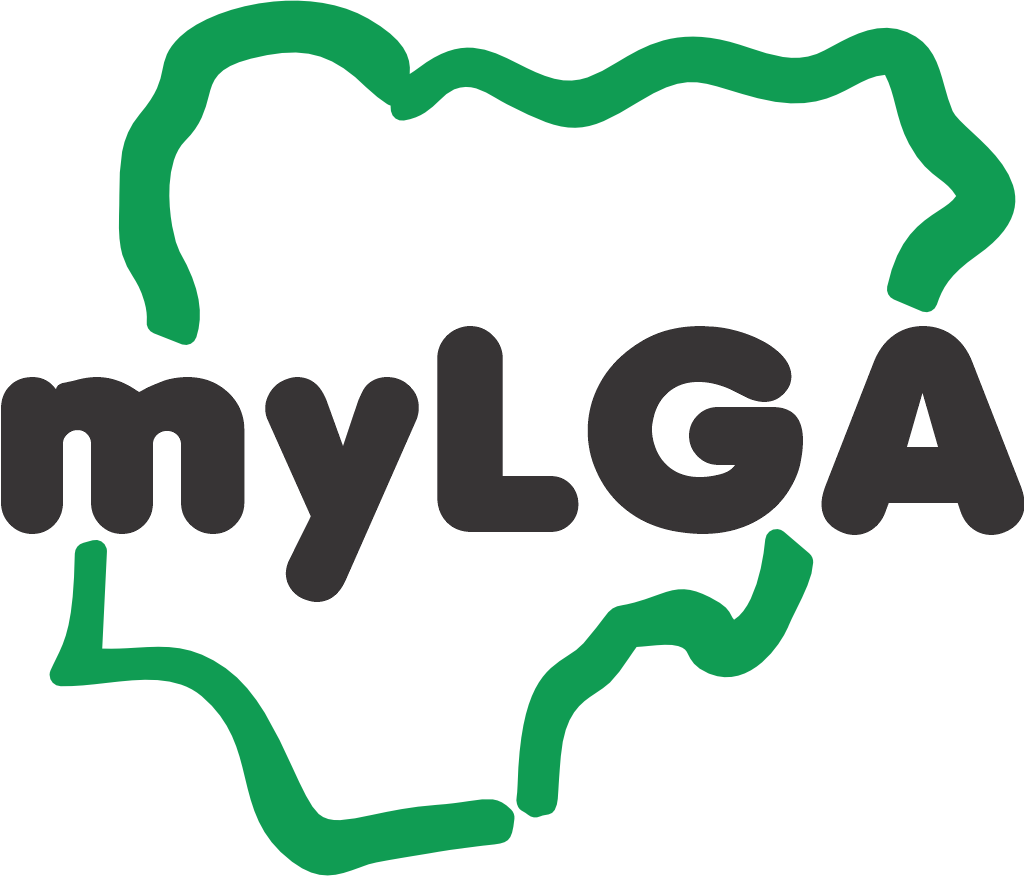Implications Of Political Violence/Thuggery, To Political Development In Isu Okoma, Onicha Local Government Area, Ebonyi State
Introduction
The recent events unfolding in Isu Okoma, Onicha Local Government Area (LGA), Ebonyi State, particularly the reported outbreak of political violence in Eke Agu, Amanator Isu, echo a recurring theme that has marred both the 2019 and 2023 general elections. Eyewitness accounts describe a scene where political thugs fired shots into the air indiscriminately until daybreak. Such incidents, far from being isolated, reflect a disturbing trend of thuggery and violence that undermines the very essence of democratic governance in the region.
Why do such acts of violence persist? Are they aimed at hunting bushmeat, dividing communities along party lines, or simply intimidating voters from exercising their democratic rights? These questions underscore the urgent need for a deeper analysis of the socio-political landscape in Isu Okoma and the wider implications of political violence on the democratic development of the region.
Body
At the heart of democratic governance lies the promise of equal opportunity, transparency, and the protection of human rights. However, the reality on the ground suggests a stark departure from these ideals. Instead, democracy in Isu Okoma seems synonymous with political violence, group domination, and corruption. The abuse of democratic principles has disillusioned many, particularly the youth, who have become unwitting pawns in the hands of unscrupulous politicians.
One cannot overlook the role of external factors contributing to the proliferation of violence in the region. The influx of sophisticated arms and ammunition into the hands of political thugs raises alarming questions about the sources of such weaponry. Furthermore, the complicity of certain actors in perpetuating violence for their own vested interests exacerbates the situation, leaving ordinary citizens at the mercy of armed gangs.
The implications of political violence extend far beyond mere electoral malpractice. They strike at the very heart of democratic development, hindering progress, fostering social unrest, and stifling economic growth. In Isu Okoma and Onicha LGA as a whole, the road to genuine democratic governance is fraught with challenges, chief among them the need to curb political thuggery and restore faith in the electoral process.
Political parties and stakeholders must prioritize dialogue and constructive engagement over coercion and intimidation. The people of Isu Okoma deserve a level playing field where they can freely exercise their democratic rights without fear of reprisal. They demand tangible solutions to pressing issues such as unemployment, infrastructure development, and access to basic amenities like electricity and good roads.
Conclusions
As we confront the scourge of political violence in Isu Okoma and beyond, let us heed the call for peace and reject the divisive tactics of those who seek to undermine the democratic fabric of our society. The path to progress lies in unity, dialogue, and a steadfast commitment to the principles of democracy. It is time to say no to political thuggery and yes to a future where the voices of all citizens are heard and respected.

